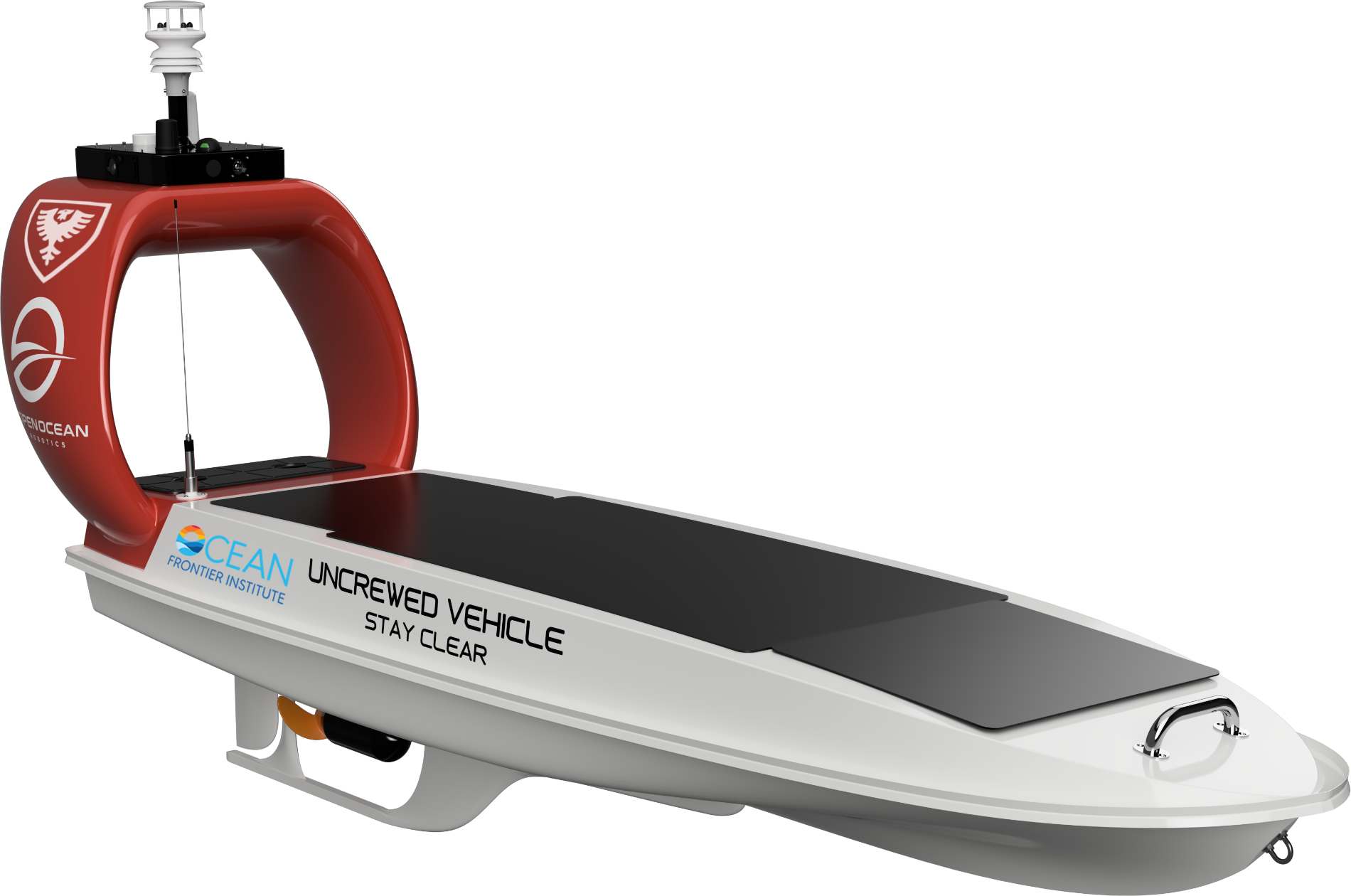

While drastically reducing carbon emissions remains the top priority, carbon removal will also play a crucial role in achieving a global net-zero strategy. Marine-based carbon dioxide removal (mCDR) has the potential to safely and responsibly sequester gigatons of atmospheric carbon dioxide, helping achieve global net-zero goals. However, for mCDR to succeed at climate-relevant scales, it requires scalable monitoring, reporting and verification (MRV) solutions that are operationally robust, credible, and cost-effective.
For mCDR to be viable at climate-relevant scales, robust, trusted, and scalable MRV solutions are essential.
Scaling MRV for large scale removals of the future will require close integration between uncrewed platforms with more accessable ocean sensors, advanced data management, and trusted numerical models. Standard research-grade methods and measurements will need to evolve and adapt to achieve the observations and models of tomorrow.
Using a commercially available USV equipped with modular surface and vertically-profiling sensors to enable continuous, cost-effective, and adaptive ocean monitoring.
Combining trusted commercial off-the-shelf sensors with next-generation biogeochemical monitoring tools will inform the optimal compromise between lower quantity ‘gold standard’ sensing and higher quantity accessible measurement technology.
Utilizing machine learning to optimize ocean sampling strategies, fill observational gaps, and enhance MRV model accuracy.
Developing high-performance ocean physical and biogeochemical models to assess carbon uptake and sequestration efficacy and guide optimal observation strategies.
Using the USV and sensors in multiple locations, including coastal and open ocean settings to understand technology limitations, validate MRV methodologies, and partner with models to improve MRV scalability.
The research of TCA Theme 2 ‘Ocean-based climate change mitigation’ includes substantial attention on mCDR pathways and MRV methodologies. Both TCA research and SCALE MRV will contribute data to the Canadian Integrated Ocean Observing System (CIOOS) and the exchange of data will add value to both research initiatives.
Collaboration between academia and industry is crucial for advancing ocean technology and accelerating the use of scalable MRV solutions.
OFI is proud to partner with philanthropic and industry leaders who provide valuable expertise, funding, and in-kind contributions to support research efforts, system integration, operational guidance, and data analysis for the SCALE MRV project:

Through these partnerships, we are advancing ocean-based climate solutions that can help achieve a sustainable and climate-resilient future.
Dalhousie University is collaborating with atdepth to hire one industry postdoctoral fellow to work at the interface of ocean science, data, modelling and AI to advance the SCALE MRV project.
Collaboration with universities is essential for ensuring the credibility and accountability of mCDR efforts. Academic institutions provide independent expertise, rigorous scientific methods, and a commitment to transparency that help mitigate concerns about industry bias. By making all sensor data publicly available as open data through the Canadian Integrated Ocean Observing System (CIOOS), this project will uphold scientific integrity, allowing other researchers, policymakers, industry, and the public to assess findings for themselves. Furthermore, OFI’s partnerships with industry operate under our clear university-industry research partnership philosophy where we are dedicated to upholding the highest standards of honesty, objectivity, and academic freedom. This commitment to openness strengthens trust, accelerates innovation, and ensures that mCDR solutions are evaluated based on evidence.
SCALE MRV research project team members would like to connect and collaborate with research and industry colleagues working towards the same goals. Please contact us to express interest in collaborating on this project as a researcher, sensor developer, mCDR supplier, or another relevant partner:
Research Principal Investigator
Chris Whidden, Faculty of Computer Science, Dalhousie University
Email: cwhidden@dal.ca
Project Lead
Eric Siegel, Chief Innovation Officer, Ocean Frontier Institute, Dalhousie University
Email: eric.siegel@dal.ca